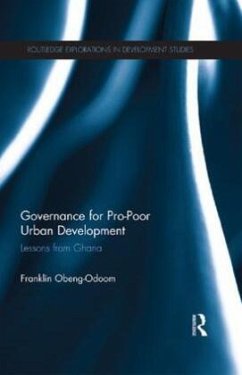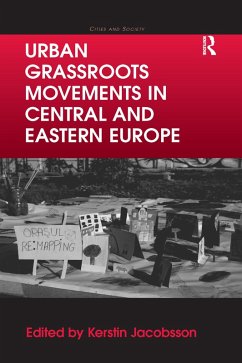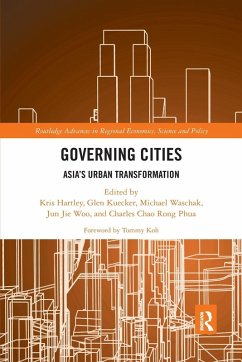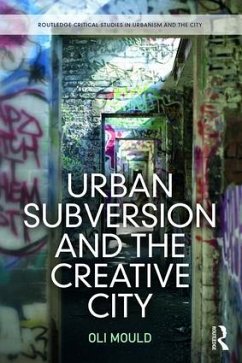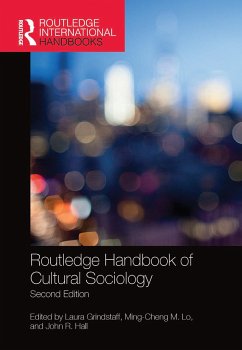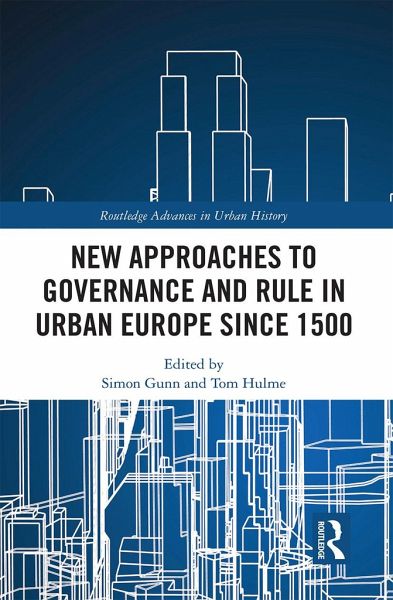
New Approaches to Governance and Rule in Urban Europe Since 1500
Versandkostenfrei!
Versandfertig in 6-10 Tagen
46,99 €
inkl. MwSt.
Weitere Ausgaben:

PAYBACK Punkte
23 °P sammeln!
Urban power and politics are topics of abiding interest for students of the city. This exciting collection of essays explores how Europe's cities have been governed across the last 500 years. Taken as a whole, it provides a unique historical overview of urban politics in early modern and modern Europe. At the same time, it guides the reader through the variety of ways in which power and governance are currently understood by historians and new directions in the subject.The essays are wide-ranging, covering Europe from Scandinavia to the Mediterranean, Russia to Ireland, between 1500 and the tw...
Urban power and politics are topics of abiding interest for students of the city. This exciting collection of essays explores how Europe's cities have been governed across the last 500 years. Taken as a whole, it provides a unique historical overview of urban politics in early modern and modern Europe. At the same time, it guides the reader through the variety of ways in which power and governance are currently understood by historians and new directions in the subject.
The essays are wide-ranging, covering Europe from Scandinavia to the Mediterranean, Russia to Ireland, between 1500 and the twentieth century. Each chapter employs a specific case-study to illuminate a way of examining how power worked in regard to topics such as women, popular culture or urban elites. A variety of approaches are deployed, including the study of ritual and performance, morality and conduct, governmentality and the state, infrastructure and the individual.
Reflecting the state of the art in European urban history, the book is essential reading for anyone interested in the study of urban politics and government. It represents a fresh take on a rich subject and will stimulate a new generation of historical studies of power and the city.
The essays are wide-ranging, covering Europe from Scandinavia to the Mediterranean, Russia to Ireland, between 1500 and the twentieth century. Each chapter employs a specific case-study to illuminate a way of examining how power worked in regard to topics such as women, popular culture or urban elites. A variety of approaches are deployed, including the study of ritual and performance, morality and conduct, governmentality and the state, infrastructure and the individual.
Reflecting the state of the art in European urban history, the book is essential reading for anyone interested in the study of urban politics and government. It represents a fresh take on a rich subject and will stimulate a new generation of historical studies of power and the city.







